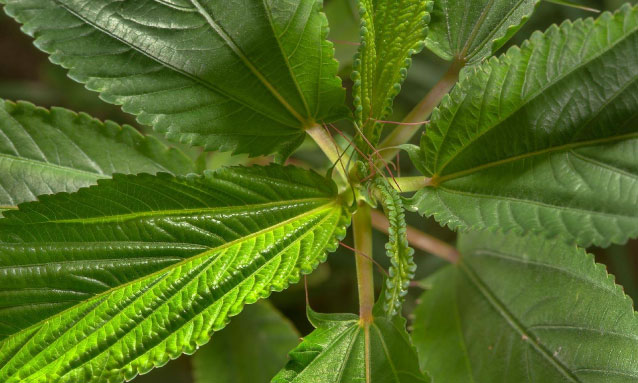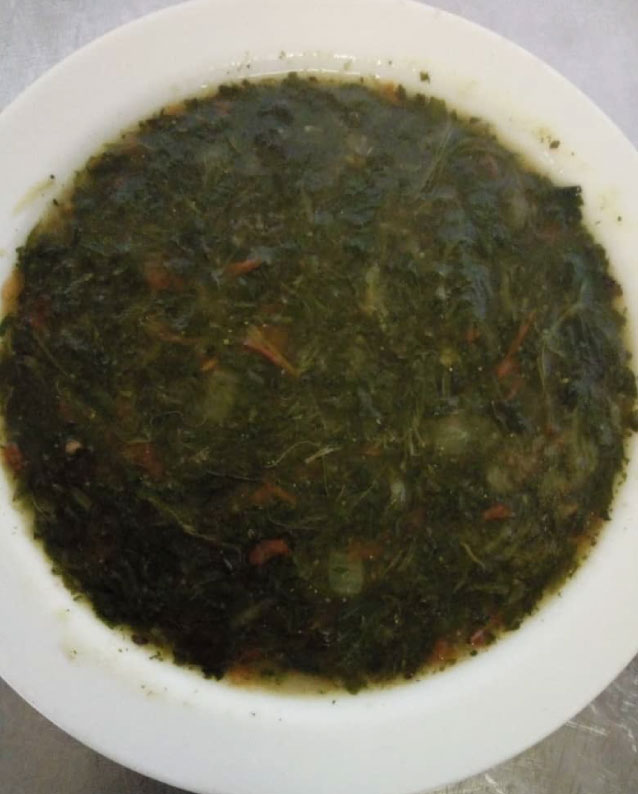
On account of the slimy consistency of ‘delele’ (scientific name: corchorus olitorius)when cooked, this superfood doesn’t rank highly on many people’s favourite food list. Often, people are quick to dismiss it, calling it ‘disgusting’ or ‘gross’. However, if you look past this, you would soon find that this wild vegetable has many health benefits you may want to tap into.
Called “bush okra” in English, “delele” is a dish made from a plant of the same name, and while it has a wide distribution in Botswana, it is mostly eaten by the kalanga in the North East district. Delele, or similar vegetables, feature in the cuisines of many countries the world over. There is a theory that even traces its popularity to as far back as the Egyptian Pharaohs times. To this day, the humble delele is still eaten in the land of the Pharaohs, where it is called “malukhiyah.”
Where else outside Botswana you can find delele
Derere in Zimbabwe
Delele mandande South Africa (Venda)
Thelele in Malawi
Mrenda or murere in Kenya
Khudra in Sudan
Fakohoy in Mali
Ayoyo in Nigeria and Ghana
Krain krain in Sierra Leone
Nalta saag in India
Saluyot in the Philippines
Bai Po in Thailand
In Botswana, “delele” can be either cooked fresh or dried raw and stored for up to a year. It is typically taken with various types of stiff porridge, including mealie meal (pap), sorghum (“sadza le matunde” in iKalanga) and millet (“sadza le zengwe”). The vegetable is also very popular among the Venda in South Africa, who call it “delele mandande.”
Nutritional value – delele packs a punch!
For many years, the South African Council for Scientific and Industrial Research has been carrying out extensive research into traditional wild foods. In 2001, it conducted a nutritional analysis of several most commonly eaten wild, green, leafy vegetables, among them “delele.” The researchers found that these vegetables make an important contribution to daily nutritional intake, as they are packed full of calcium, iron, zinc and beta-carotene.

While delele scored low on beta-carotene and iron compared to other vegetables in the study, it was found to be”a good source of dietary fibre.
Based on 100g of delele, the research found this low-fat, low-calorie superfood is teeming with various nutrients!
40 kilojoules – energy
1.13g – protein
3.08g – fibre
0.21mg – beta-carotene
24.3 microgram – foliate
2.4mg – vitamin C
0.94mg – calcium
0.46mg – iron
0.36mg – zinc
Locally, people tend to add bicarbonate of soda to it as some sort of thickening agent. However, CSIR research strongly discourages this as it destroys the Vitamin C.
“Unfortunately, sodium bicarbonate is sometimes added to enhance the green colour of the leaves, and this has a detrimental effect on vitamin C content,” says the research centre.
Interestingly, bicarbonate of soda was not always the thickening agent of choice back in the day. Culture Botswana 2.0 quotes some North East Kalanga saying that decades ago when there was no bicarbonate of soda, they used firewood ash! While this may indeed be shocking to hear, ash from wood has been used as a food thickener for centuries! In the United States, Native Americans added ash to their bread as a thickener. The ash contains minerals such as calcium, manganese, iron, copper, zinc, sodium, magnesium, potassium and phosphorus. The first patent for the making of potash from wood ash was issued in the US in 1790.
In conclusion, you may want to stock up on delele next time you nip down to the shop. What’s not to like? It may not be as tasty as all that, but I reckon it’s a small price to pay when you consider all the nutrients delele contains. What’s more, it’s very budget-friendly and is easy and quick to prepare. In these weird and wonderful times of the COVID pandemic, it might even go some way to helping us guard against the dreaded virus, or at the very least, other less sinister ailments such as colds and flu!
Source: Culture Botswana 2.0
About Culture Botswana 2.0
A unique nation-building tool, Culture Botswana 2.0 champions cultural diversity, inclusion, equality and visibility through indigenous-culture journalism that documents and dignifies all of Botswana’s indigenous cultures. Culture Botswana has a Facebook page by the same name.



